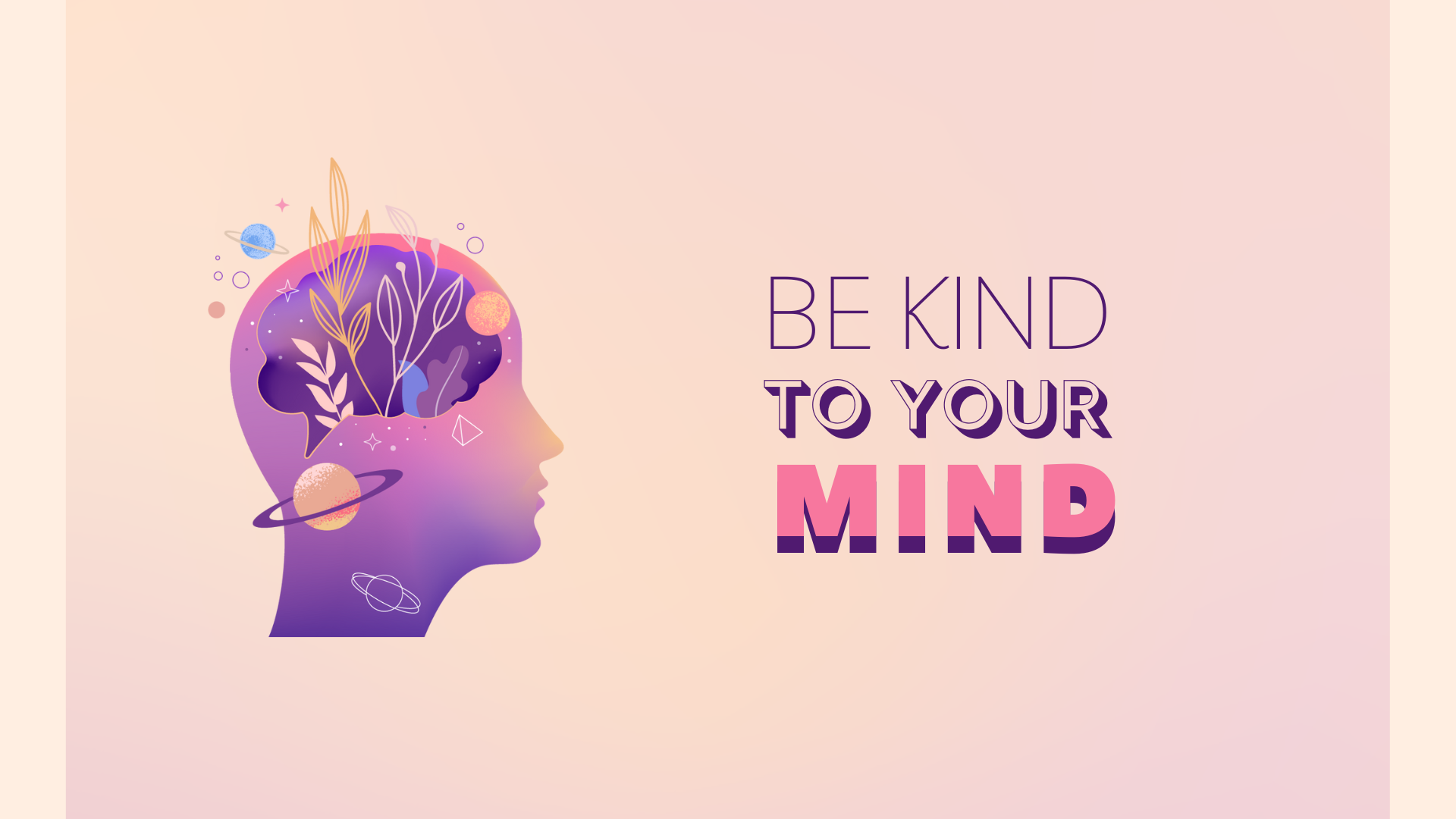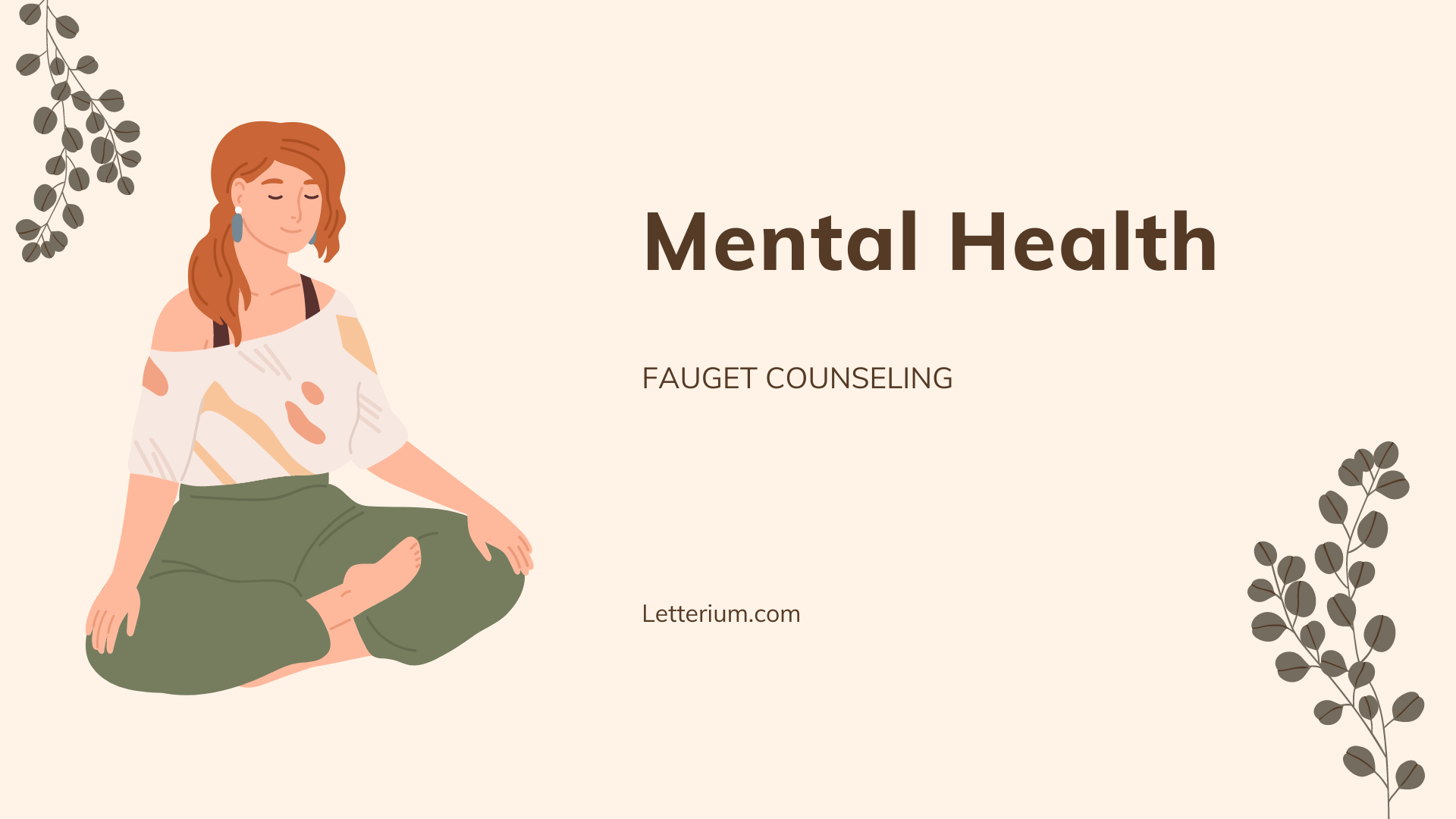Psychology, the science of mind and behavior, has captivated human interest for centuries. It's a field that bridges the gap between the intricacies of human thoughts, emotions, and actions, offering insights into what makes us tick. This comprehensive guide delves into the essence of psychology, its various branches, significance, and applications, providing a foundational understanding for enthusiasts and scholars alike.
What is Psychology?

Psychology is the scientific study of the mind and behavior. It encompasses a wide range of topics including cognition, emotion, perception, motivation, brain functioning, personality, behavior, and interpersonal relationships. The goal of psychology is to understand and explain how we think, feel, and act both as individuals and within groups.
The Historical Evolution of Psychology
Psychology’s roots, deeply embedded in the rich soils of ancient civilizations, reveal a longstanding fascination with the inner workings of the human mind. In Egypt, Greece, China, and India, the early philosophers pondered over the nature of thought, emotion, and consciousness, laying the groundwork for a discipline that would centuries later be recognized as psychology. These early thinkers, including the likes of Socrates, Plato, and Confucius, embarked on intellectual quests to understand the essence of human nature and the processes governing thought and behavior.
Despite these early philosophical inquiries, psychology did not emerge as a scientific discipline until the late 19th century. The transition from philosophical speculation to scientific investigation marked a pivotal moment in the history of psychology. It was Wilhelm Wundt, a German physiologist and philosopher, who made a monumental contribution to this transition. In 1879, Wundt established the first laboratory dedicated exclusively to psychological research at the University of Leipzig in Germany. This groundbreaking initiative symbolized the birth of psychology as a distinct scientific field, separate from philosophy and physiology.
Wundt's laboratory became a nexus for the study of the human mind, employing experimental methods to investigate consciousness and mental processes. He is best known for his work in experimental psychology and his development of introspection, a method whereby trained observers would carefully analyze and report their conscious experiences in response to stimuli. Wundt's approach aimed to dissect the structure of the mind into its basic elements, much like a chemist would analyze the composition of a substance. This methodological innovation laid the foundation for subsequent research and theory in psychology, influencing generations of psychologists.
The establishment of Wundt's laboratory heralded the beginning of psychology's journey as a science. It attracted students and scholars from around the globe, eager to learn the new experimental techniques and to contribute to the burgeoning field. Among these were Edward B. Titchener, who would later found structuralism, and G. Stanley Hall, who went on to establish the first psychology laboratory in the United States at Johns Hopkins University.
The legacy of Wundt and his laboratory is profound, marking the start of an era where psychological phenomena became the subject of rigorous scientific inquiry. This shift not only validated psychology as a distinct academic discipline but also paved the way for the development of various schools of thought, including behaviorism, psychoanalysis, and humanistic psychology. Each of these perspectives contributed unique insights into human behavior and mental processes, enriching the tapestry of psychological science.
As psychology evolved, so did its methods and applications, extending beyond the laboratory to address practical problems in education, health, industry, and beyond. Today, the influence of psychology permeates every aspect of society, from enhancing educational practices and workplace environments to improving mental health care and understanding social dynamics. The roots planted in ancient philosophical inquiry have grown into a sprawling tree, with branches extending into every area of human life, demonstrating the enduring relevance and importance of understanding the mind and behavior.
Branches of Psychology
The domain of psychology is broad, encompassing various branches that specialize in different aspects of human experience and behavior:
- Clinical Psychology: Focuses on diagnosing and treating mental illness, emotional disturbances, and dysfunctional behavior.
- Cognitive Psychology: Studies mental processes such as perception, memory, thought, and problem-solving.
- Developmental Psychology: Examines how people grow and change from infancy through old age, including cognitive, emotional, and social development.
- Social Psychology: Explores how individuals are influenced by the social environment and the presence of other people.
- Biopsychology or Neuropsychology: Investigates the biological underpinnings of behavior, including brain structures and functions.
- Industrial-Organizational Psychology: Applies psychological principles to workplace issues, including productivity, work-life balance, and employee relations.
Significance of Psychology

Understanding human behavior and mental processes has profound implications for various aspects of society and individual well-being:
- Mental Health: Psychology is fundamental in diagnosing and treating mental health disorders, leading to improved quality of life for millions of individuals worldwide.
- Education: Psychological theories and research contribute to effective teaching and learning strategies, enhancing educational outcomes.
- Workplace Efficiency: Industrial-organizational psychology helps in improving job satisfaction, increasing productivity, and fostering better organizational cultures.
- Social Issues: Social psychology offers insights into social dynamics, prejudice, conformity, and leadership, aiding in the resolution of societal challenges.
Research Methods in Psychology
Psychology employs various research methods to explore the complexities of the mind and behavior:
- Experimental Research: Involves the manipulation of variables to study cause and effect.
- Surveys: Collect data on attitudes, opinions, and behaviors through questionnaires.
- Case Studies: Provide in-depth analysis of a single subject or group, offering detailed insights.
- Observational Studies: Involve observing subjects in natural or controlled environments without interference.
The Role of Psychology in Everyday Life
Psychology transcends its academic boundaries, manifesting as an invaluable tool that permeates our daily lives, shaping our understanding of ourselves and the world around us. Its principles offer a lens through which we can view our behaviors, thoughts, and emotions, providing a framework for introspection and personal development. This deeper self-awareness fosters a profound comprehension of our motivations and fears, enabling us to cultivate healthier self-concepts and emotional well-being.
In the realm of interpersonal relationships, psychology plays a pivotal role. It equips individuals with the skills to communicate more effectively, understanding not just the explicit messages conveyed but also the subtle cues and underlying emotions. This enhanced communication fosters stronger connections, reduces conflicts, and promotes empathy and mutual respect among individuals. By applying concepts from social psychology, people can navigate the complexities of social interactions with greater ease, understanding group dynamics, and the influence of societal norms and values on individual behavior.
Moreover, psychology offers robust strategies for stress management and coping with life's adversities. Through its research, we've gained insights into resilience, the process of adapting well in the face of adversity, trauma, tragedy, threats, or significant sources of stress. Psychological theories and practices such as mindfulness, cognitive-behavioral techniques, and emotional regulation strategies empower individuals to manage stress effectively, improving their quality of life and mental health.
Decision-making, a critical aspect of daily life, is another area where psychology provides valuable insights. Understanding how we make choices, the biases that influence us, and the psychological processes underlying decision-making can lead to more informed and rational outcomes. This knowledge is particularly beneficial in professional settings, where strategic thinking and problem-solving are paramount. Psychology informs these processes, guiding leaders in navigating organizational challenges and enhancing team performance.
The impact of psychology extends into the professional sphere, where its principles are applied to improve workplace environments, enhance productivity, and foster positive organizational cultures. Industrial-organizational psychology, a branch dedicated to optimizing workplace dynamics, uses psychological research to address human resources, leadership, and marketing challenges, among others. By understanding the psychological aspects of motivation, job satisfaction, and group behavior, organizations can implement practices that align with human needs and aspirations, leading to more effective and fulfilling work environments.
In education, psychological theories inform teaching methods and learning strategies, tailoring them to diverse learning styles and needs. This approach enhances educational outcomes, making learning a more engaging and effective process for students of all ages. Educational psychology supports teachers in creating inclusive classrooms that nurture students' intellectual and emotional growth.
Psychology's application in everyday life underscores its significance as a science that is deeply interwoven with the fabric of human existence. It provides the tools and knowledge to navigate the complexities of life, enhancing personal growth, and contributing to societal well-being. As we continue to explore the vast expanse of the human mind and behavior, psychology remains a beacon of understanding, guiding us toward a deeper comprehension of ourselves and our place in the world.
10 things about psychology

- Psychology is the Scientific Study of Mind and Behavior: It explores how people think, feel, and behave, combining elements from both the natural and social sciences to understand complex human processes.
- Roots in Ancient Philosophy: Long before psychology became a formal scientific discipline, philosophers in ancient civilizations such as Greece, Egypt, China, and India were asking questions about the mind and human behavior.
- Wilhelm Wundt - The Father of Modern Psychology: In 1879, Wilhelm Wundt established the first laboratory dedicated to psychological research in Leipzig, Germany, marking the official birth of psychology as a separate scientific discipline.
- Branches of Psychology: The field encompasses various branches, including clinical psychology (mental health), cognitive psychology (thought and memory), developmental psychology (lifespan development), social psychology (group behavior), and many others, each focusing on different aspects of human experience.
- Research Methods Vary Widely: Psychologists use a range of research methods to study the mind and behavior, including experiments, surveys, case studies, and observational studies, each offering unique insights into human psychology.
- Psychology in Everyday Life: Beyond academia, psychology has practical applications in everyday life, such as improving mental health, enhancing educational practices, increasing workplace productivity, and fostering better relationships.
- The Brain's Role: Biopsychology and neuropsychology are subfields that examine the connection between the brain's physical structure and processes and behavior, showing how biological factors influence our thoughts and actions.
- Cognitive Revolution: The mid-20th century saw the cognitive revolution, which shifted the focus of psychology from observable behavior to understanding mental processes, fundamentally changing how psychologists study the mind.
- Influence on Health and Wellness: Psychology contributes significantly to the fields of health and wellness, offering insights into stress management, coping mechanisms, and the psychological aspects of physical health, such as how mindset can affect healing and well-being.
- Global and Cultural Perspectives: Modern psychology recognizes the importance of cultural and societal influences on behavior and mental processes. Cross-cultural psychology studies how cultural factors influence psychological states, ensuring that psychological practices are inclusive and applicable across diverse populations.
Conclusion
In conclusion, psychology stands as a cornerstone in understanding the vast complexities of human behavior and mental processes. Far beyond its academic roots, it serves as a pivotal tool in everyday life, enriching our self-awareness, enhancing interpersonal relationships, facilitating personal and professional growth, and contributing significantly to societal progress. The insights gained from psychological research offer profound implications for mental health, education, the workplace, and beyond, providing strategies to navigate life's myriad challenges and opportunities with greater efficacy and resilience.
As we reflect on the journey of psychology from its inception in ancient philosophical inquiry to its current status as a multifaceted scientific discipline, we appreciate its profound impact on how we understand ourselves and interact with the world around us. The legacy of pioneers like Wilhelm Wundt and the continuous evolution of psychological science underscore the discipline's vital role in addressing the fundamental questions of human existence.
Moreover, psychology's integration into daily life underscores its versatility and relevance across various aspects of human activity. From improving communication and decision-making to fostering resilience and promoting mental well-being, psychology provides invaluable tools that enhance the quality of life. It empowers individuals to lead more fulfilled lives, supports communities in building stronger social bonds, and aids organizations in creating more effective and humane practices.
As we look to the future, the field of psychology promises to continue its exploration of the human mind, offering new insights and applications that will further enhance our understanding of what it means to be human. The continued integration of psychological principles in everyday life and the expansion of its applications across different sectors of society will undoubtedly contribute to the betterment of human welfare and the advancement of our global community.
In embracing the principles and insights offered by psychology, we open ourselves to a world of understanding and potential, paving the way for a future where the depths of human consciousness and behavior are not only more comprehensively understood but also more compassionately addressed. Psychology, in essence, offers a map to navigate the complexities of the human condition, highlighting its significance not just as a field of study but as a vital instrument for personal and collective evolution.


 English
English 
